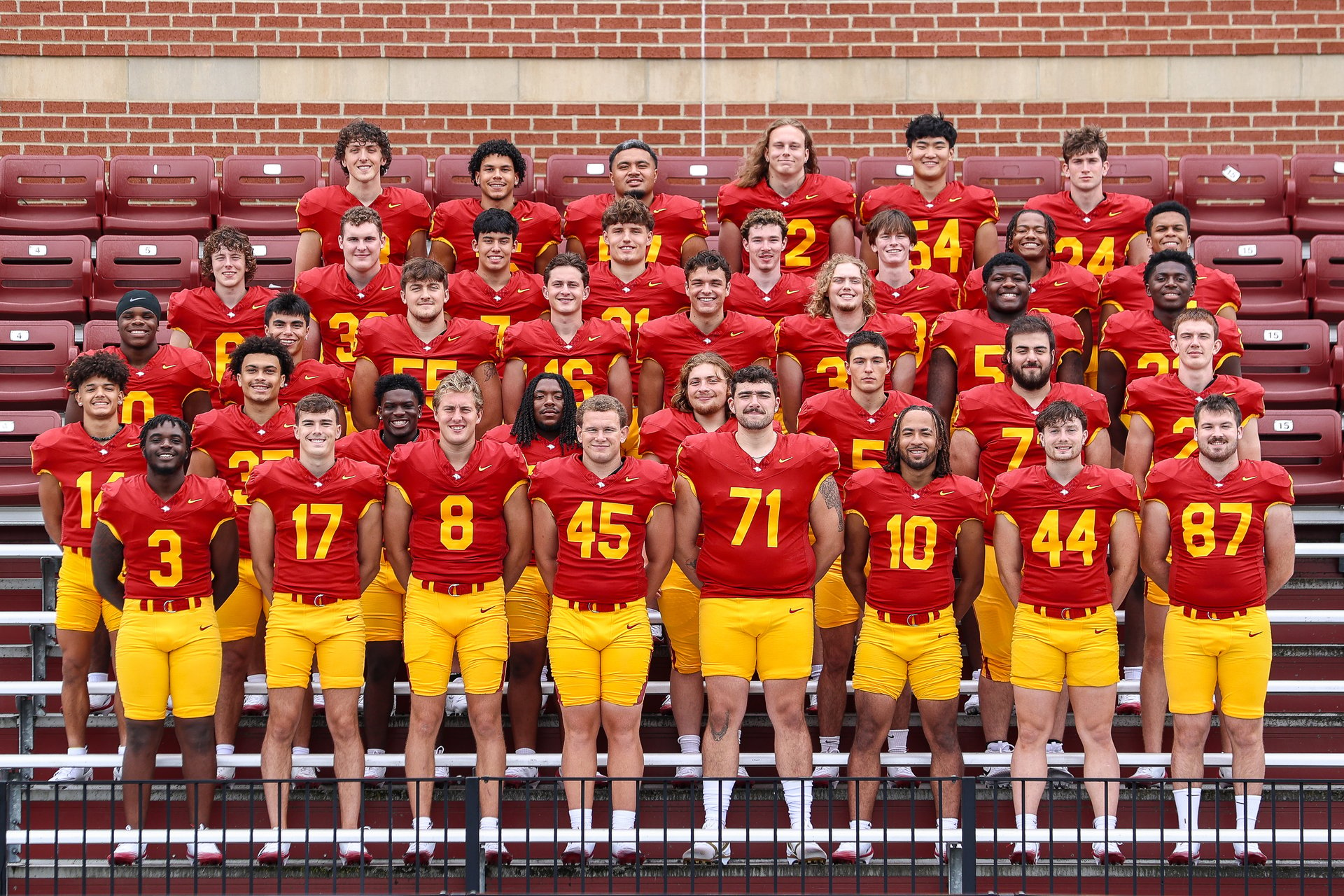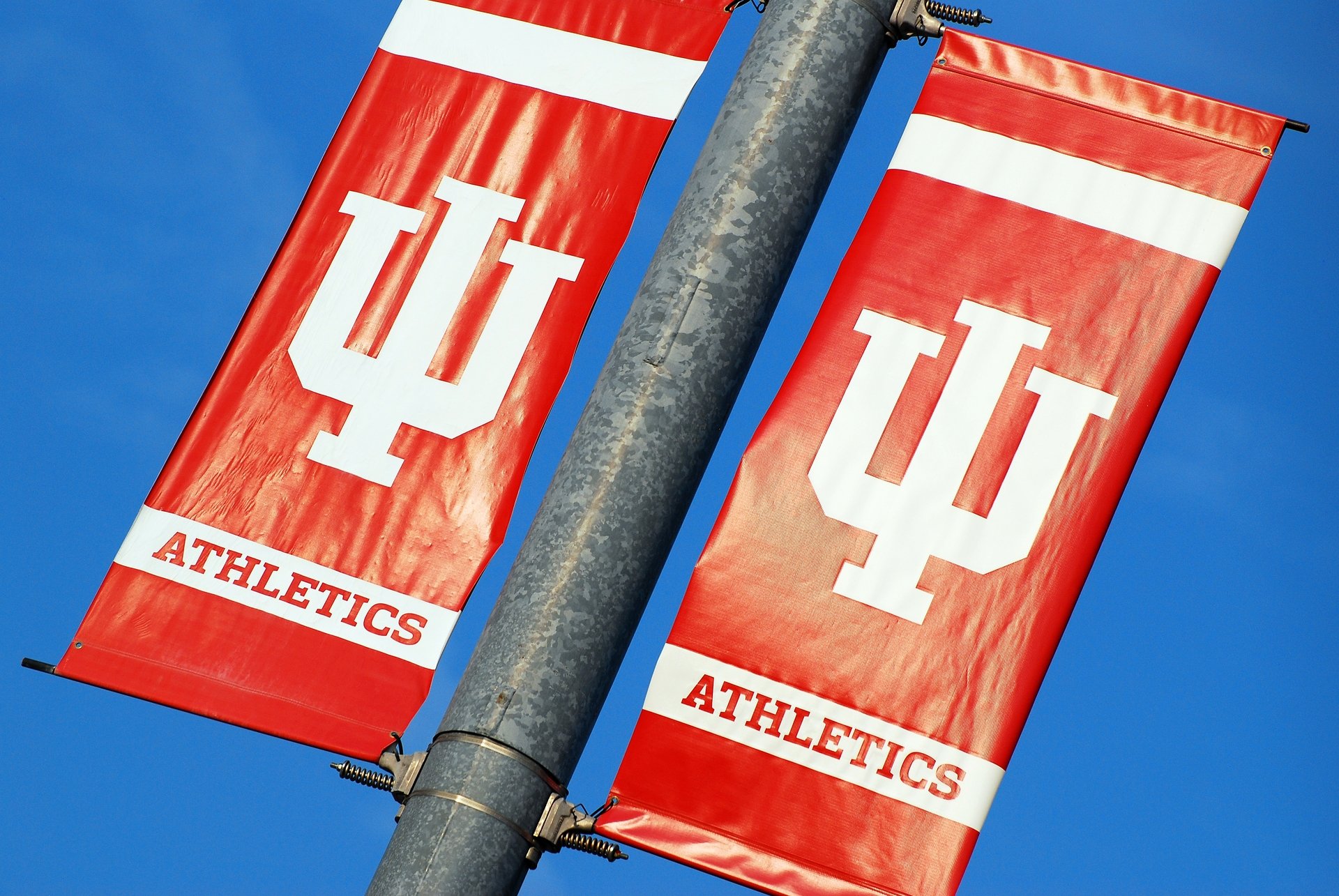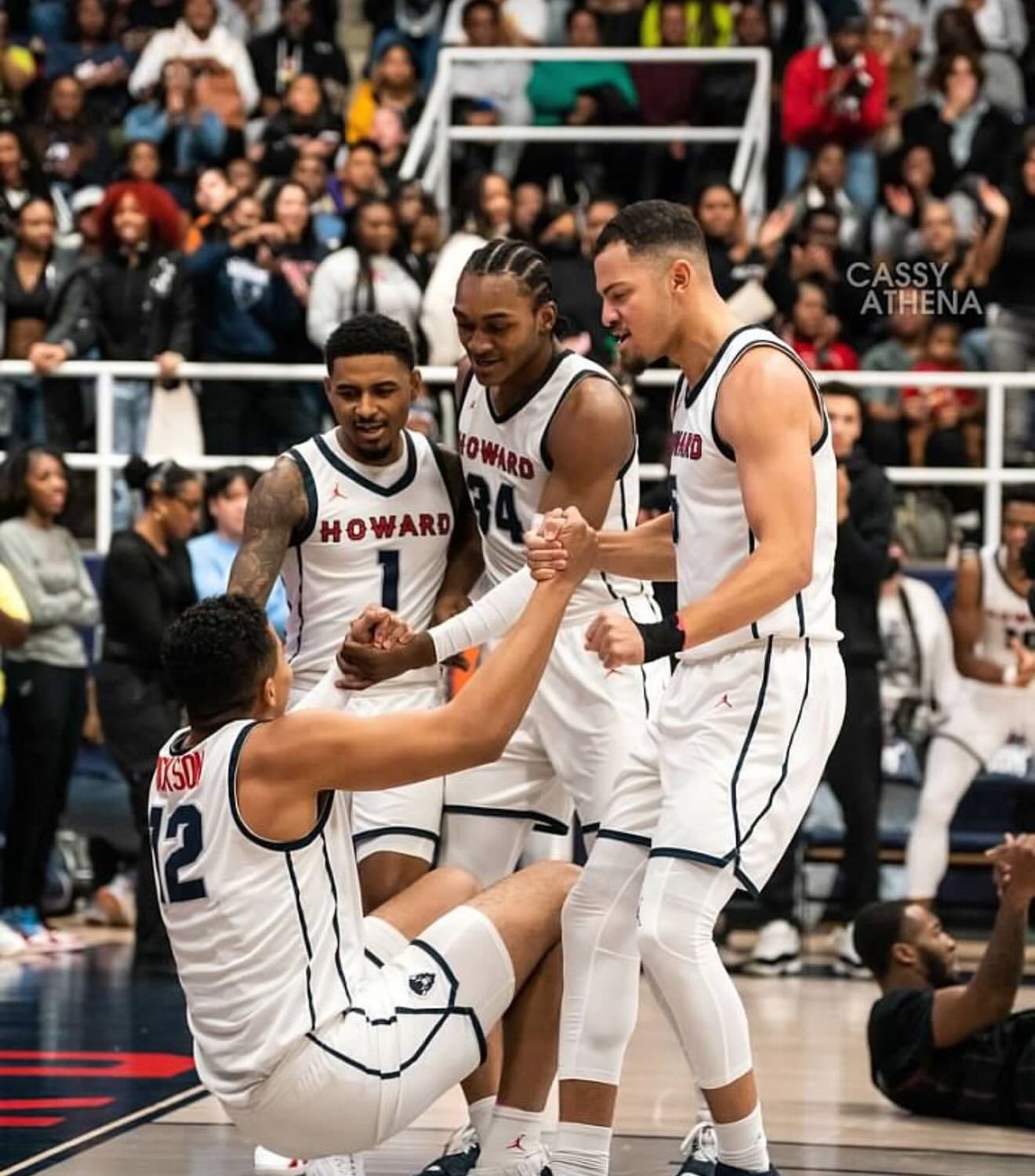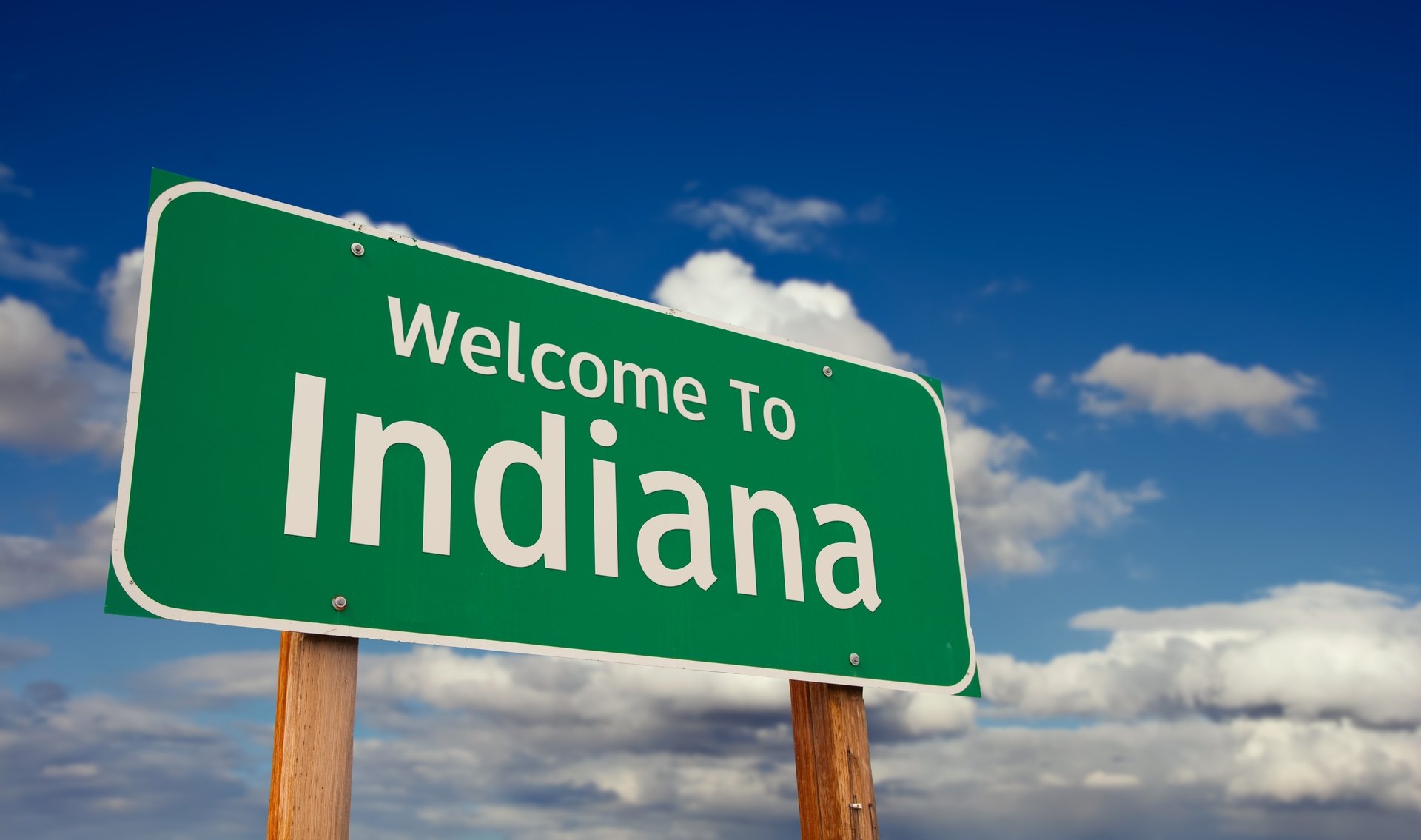Good morning, and thanks for spending part of your day with Extra Points.
In case you needed a reminder, we're about a month away from your taxes being due. If you haven't started digging around for those receipts, now might be a good time.
I always have a twinge of panic whenever I send mine away, because very early in my career, I made a bunch of filing mistakes. I was working as a contractor and hadn't been saving enough cash for estimated payments, and without doing it on purpose, I ended up owing Uncle Sam a few grand that I simply didn't have. I spent a chunk of my mid-twenties not only owing student loans, but back taxes as well. It sucked, and I don't recommend it.
Figuring out what you owe and how to dot every I and cross every T can be complicated under the best of circumstances. When you're 21, terrible with paperwork in general, and are dealing with all of this for the first time, it can be really easy to make a mistake.
I've been thinking about that a lot recently, since thanks to NIL, thousands of college athletes will be sitting down to do something they've never done before...figuring out how to pay taxes on their endorsement earnings.
That might be a problem for some athletes
Last week, I chatted with Athliance CEO Peter Schoenthal about a few different NIL related topics for Collegiate Sports Connect. Early in that conversation, Schoenthal mentioned something I've suspected, but haven't confirmed. He believes a lot of college athletes aren't disclosing NIL deals to their compliance departments.
"I'm at the NCAA Convention, and I'm talking a bunch of SAAC (Student Athlete Advisory Council) athletes, and I ask them if they're disclosing deals. And they're like..., 'No.' And when I ask why not, the answer blew my mind. They said that if we disclose the deals, we'll have to pay taxes on them. If we don't disclose, we don't have to pay taxes on them. And that broke my heart."
Let me be clear, Extra Points is not here to provide detailed financial advice, and if you have a specific tax question, you should consult your accountant. But let me be clear about something. You still have to pay taxes on your income, whether you let your compliance team know about it or not!!!
This is not the way the law actually works. This is the Bob Loblaw approach.
Tracking down the right paperwork from each vendor, figuring out what needs to be sent to your accountant, how to claim non-cash-related payment...all of that can be messy, whether you're a 20-year-old softball player or a 34-year-old self-employed reporter. Even if athletic departments offer financial literacy training and try to proactively educate their athletes about their newfound responsibilities, there's no guarantee the athletes will listen or respond in time.
Individual schools are unlikely to take punitive actions against their own athletes for breaking NIL team policies. The NCAA may not be able to do it either. But the IRS absolutely can. They will not hesitate to slap some major fines on an athlete who didn't realize that the NIL deal that gave him a new truck also gave him a new taxable asset.
"I do think April 15 is going to be a scary day for a lot of student-athletes, and a lot of people are going to be put on some payment plans going forward," Schoenthal told me.
The potential IRS implications aren't limited to just athletes. Taxes may also impact boosters and brands
Let's make up a hypothetical here. Let's say you're an exceptionally wealthy businessman. Let's call our friend here uh....Tex Richman. Here he is, inspecting what I imagine is some Very Important Business Deal.
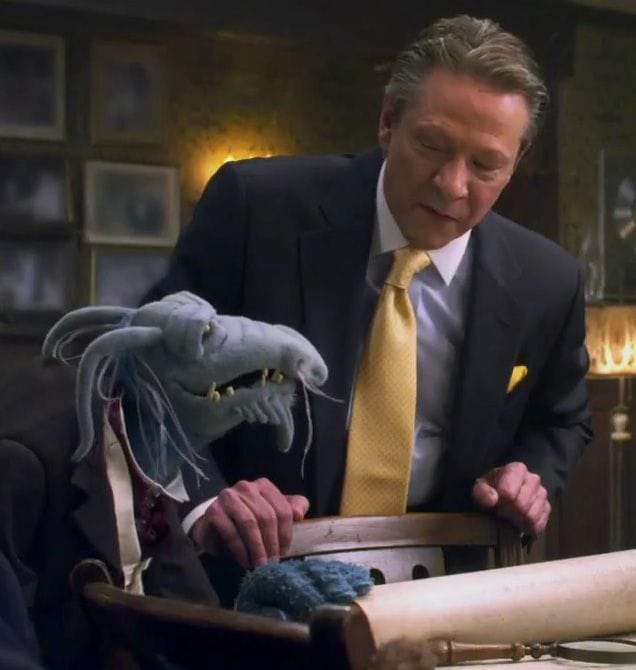
When Mr. Richman isn't trying to demolish the historic Muppet Theatre to drill for oil or whatever, he's looking for ways to support the University of Texas athletic programs.
Prior to NIL, the best way for Mr. Richman to support Texas athletics would be for him to donate money: money that would be used to build new facilities, fund scholarships, and pay for expensive buyouts whenever Mr. Richman and his friends decided to hire a new football coach.
Because he donates so much money, Mr. Richman might get his name on a building. He gets all the latest gossip from the athletic director. He gets the best seats, the best food, you name it. And, because of the non-profit designation of the Longhorn athletic department, Mr. Richman's largesse is also considered a charitable donation, which means he gets power and influence in an athletic department AND a tax deduction.
What do you think about that, mister cartoonishly evil rich guy?

Anyway, thanks to NIL, Mr. Richman could potentially skip the Texas athletic department middleman. He could give money to some sort of NIL collective, which would then distribute it to athletes directly via brand deals. He could also decide to hire some athletes himself, to serve as, I dunno, anti-Muppets spokespeople or backup dancers or whatever.
Why, yes, I am the father of small children. Why do you ask?
Here's the issue though. If Mr. Richman hired a football player for a NIL deal, he can't claim that spending as a charitable donation on his taxes. Instead, it would become a business expense, which might be financially lucrative as a charitable donation, depending on the specifics of Mr. Richman's empire...but it would certainly require more public paperwork. If Mr. Richman gave money to a traditional collective, he might help persuade an athlete to enroll at Texas, but he couldn't use that purchase to lower his taxable income.
If keeping money away from the IRS was more important to Tex than the Longhorns winning games (and of course, it is, just look at the guy), well, that could impact how he decides to distribute his money.
Unless he can have his cake and eat it too.
This might be the case with charitable collectives
Take Horns With Heart, for example. This collective raises money, and then pairs that money to pay athletes to participate in NIL deals with charities. You may have heard of one of those deals, the Pancake Factory, which gives all participating Texas offensive linemen $50,000 to "to make charitable appearances and bring awareness to worthy causes that impact their local communities." I'm told collectives supporting athletes at other schools are exploring similar models as well.
On its website, Horns With Heart says the organization is a non-profit organization and further identifies itself as a charity. It is unclear if the organization has filed as a 501c3, although there are plenty of typical logistical reasons for why a filing might not show up on a website yet. Horns With Heart did not respond to an email and voicemail requesting clarification.
I am not saying Horns With Heart is breaking any rules here. But I do know some accounting experts have concerns about this particular collective model.
I reached out to Brian Mittendorf, a professor at The Ohio State University who studies accounting practices of non-profits.
"I guess the big catch here is...directly funding students, by itself, isn't a charitable purpose. You can raise money for student scholarships, and that could be a charitable purpose...but you couldn't exist as a charity with only the function of funding students.
"In order to keep a 501c3 status, you, as a charity, have to have a charitable purpose. Doing an NIL deal, almost by definition, isn't a charitable purpose; that's a market exchange."
Theoretically, if the IRS or another government regulatory body agreed with that thinking, it could investigate an NIL collective.
Mittendorf told me that while the IRS does have purview over the incorporation status of non-profits, and it does have the ability to audit charities to make sure they're actually operating for charitable purposes, most of these investigations would happen at the state level. "You're much more likely to see action by state attorneys general than the IRS on a lot of these questions," he said.
In our interview, Schoenthal also told me that he didn't believe every collective will be able to keep its 501c3 status if it gets audited, pointing to the Pancake Factory as an example.
Is it likely that some state AG, hoping to bolster local support, decides to kick the tires on investigating NIL collective activity of less-popular in-state universities? No...but I do know my college sports history, and I'm not going to sit here and say it's impossible.
Here's the bottom line
Nine months into the NIL era, there's still quite a bit of regulatory uncertainty. Most states have some sort of NIL law on the books, but few have specified any sort of enforcement mechanism, and even fewer seem likely to use them against schools or athletes. The NCAA has only very high-level national guidelines, and it is unclear if it has the political will and organizational capacity to try and enforce those, let alone write new ones. The appetite for national legislation is sporadic, and U.S. lawmakers have a few slightly bigger problems than college sports at the moment.
But those aren't the only regulatory bodies potentially interested in NIL activity. It is certainly possible that the IRS or state government bodies could decide to ask additional questions about the makeup of various NIL collective groups, especially if they are advertising themselves as charities.
And if the IRS or state regulatory bodies don't get involved in the collective or brand side, they'll certainly be paying close attention to the athletes themselves.
For anybody doing those taxes, it really couldn't hurt to have somebody else give them a look over, just in case. Avoiding NCAA sanctions is one thing. But Uncle Sam has some powers that NCAA investigators don't have, and he's not afraid to use them.
Hey, speaking of money that may or may not be accounted for correctly, let me tell you about the sponsor for today's newsletter, Envelopes of Cash.
Envelopes of Cash is a Euro board game with a very American theme: college football recruiting. Players take the roles of Head Coaches, trying to sign the best recruiting class. To do so they must marshal all of the tools available to them, including the eponymous envelopes full of cash and other impermissible payments, donations from boosters, and marketing campaigns, all to maximize their Recruiting Ranking Points. The winner is the Head Coach with the most Recruiting Points at the end of the game, and the reward is victory, as well as a $1 million “retention bonus.”
The game launches TODAY, and here's how you can grab a copy, or even Get In The Game yourself!

To sponsor a future Extra Points newsletter, please email [email protected]. For article ideas, newsletter feedback, FOIA tips, athlete NIL sponsorships and more, I'm at [email protected], or @MattBrownEP on Twitter.




